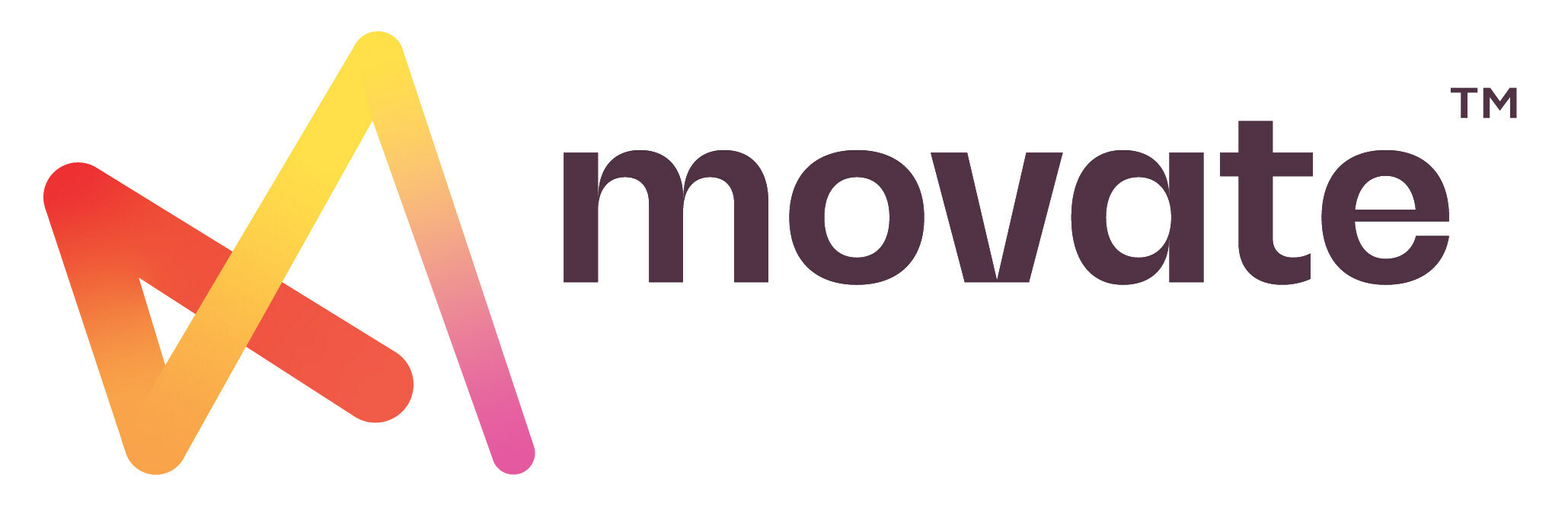PowerSync Partners with MongoDB to Offer Enterprise-Grade Sync Engine
Phillip van der Merwe
PowerSync
E: phillip@powersync.com
PowerSync, a real-time sync engine for local-first and offline-first apps, has introduced the ability to connect to MongoDB as a source database. The new MongoDB Atlas-PowerSync integration enables customers to securely and efficiently sync data between MongoDB and on-device SQLite databases, empowering developers to deliver robust, data-rich applications with seamless offline capabilities and minimal synchronization overhead.
PowerSync is a product of JourneyApps, founded in 2009 and headquartered in Colorado. JourneyApps originally created and released the core PowerSync engine within its industrial app development platform, where it has been in large-scale production use by a range of Fortune 500 companies for more than a decade, including GE, Halliburton, ExxonMobil and Emerson. Based on demand from customers, PowerSync was subsequently made available as a standalone product: a versatile stack-agnostic sync engine that allows developers to create instantly-responsive apps that work seamlessly regardless of whether users are online or offline.
Built by developers, for developers, MongoDB’s developer data platform is a database with an integrated set of related services that allow development teams to address the growing requirements for today's wide variety of modern applications, all in a unified and consistent user experience. MongoDB Atlas is the leading multi-cloud developer data platform that accelerates and simplifies building modern applications with a highly flexible, performant, and globally distributed operational database at its core. MongoDB has tens of thousands of customers in over 100 countries and the MongoDB database platform has been downloaded hundreds of millions of times since 2007.
PowerSync’s architecture was designed from the ground up for high scalability and high performance, and provides key functionality such as fine-grained control over which data syncs with which users through the use of declarative rules. Client SDKs are available for a range of environments including web apps (JavaScript), React Native, Flutter, Kotlin Multiplatform and Swift. The PowerSync Service, which acts as a bridge between the backend database, MongoDB, and apps embedding the PowerSync Client SDK, is available both as a cloud-hosted offering as well as self-hosted.
“We are excited to bring support for MongoDB into PowerSync, and to offer MongoDB customers a proven enterprise-grade sync engine to drive their offline-first applications,” said Conrad Hofmeyr, CEO of JourneyApps/PowerSync. “We've already started helping customers with making the switch to PowerSync, and are confident that this is a robust migration path that can be accomplished without a heavy lift. We are no strangers to the MongoDB community—we have been running MongoDB in production since 2010, and PowerSync has always used MongoDB under the hood. Therefore, it’s a natural opportunity for our companies to come together and create this valuable offering for customers.”
"PowerSync is a longtime MongoDB customer, so we’re excited to build on that relationship with the MongoDB Atlas-PowerSync integration. This new integration gives customers a powerful sync engine that connects their database to their applications—no matter the connection capabilities,” said Boris Bialek, Vice President and Field CTO at MongoDB. "Together, MongoDB and PowerSync offer organizations the ability to ensure uninterrupted operations with offline-capable solutions and seamless bi-directional syncing."
Read more about the MongoDB Atlas-PowerSync integration at the partner catalog page.
View source version on businesswire.com: https://www.businesswire.com/news/home/20241017413684/en/
"The new @MongoDB Atlas - @powersync_ integration enables customers to securely and efficiently sync data between MongoDB and on-device SQLite databases enabling local-first apps."
 Business wire
Business wire 











Add Comment